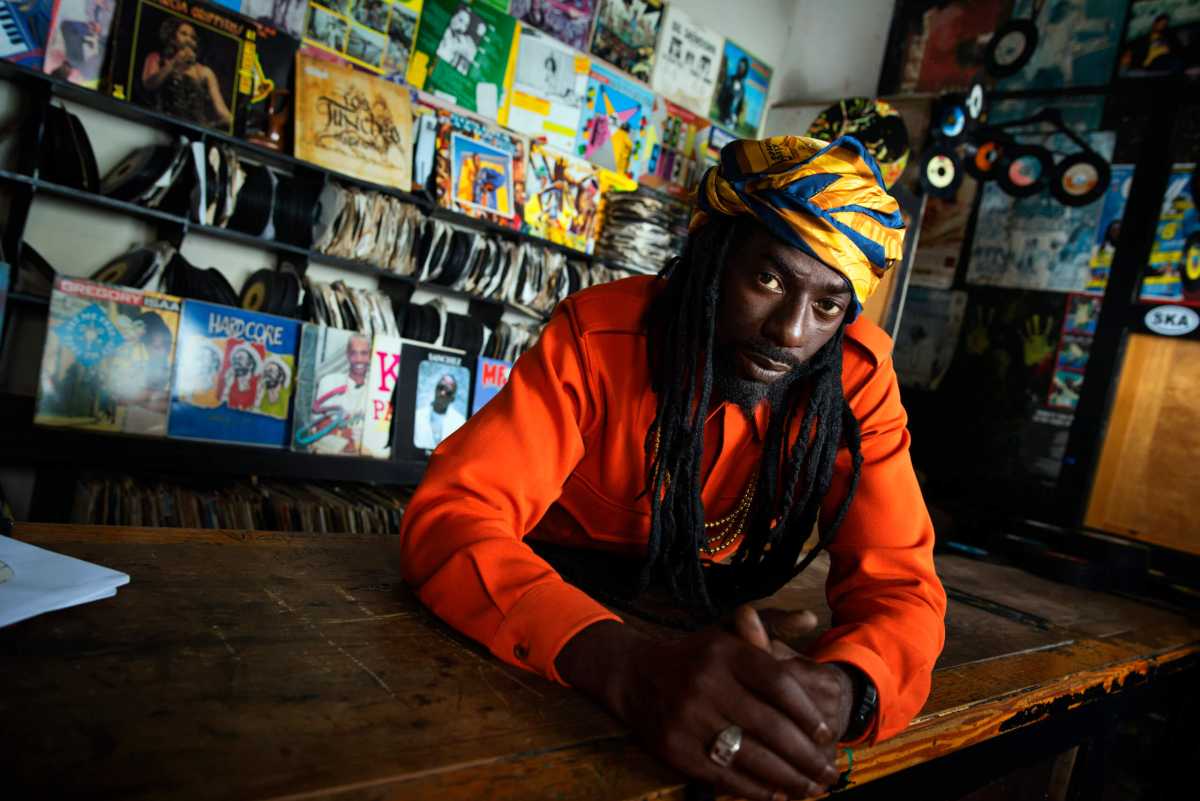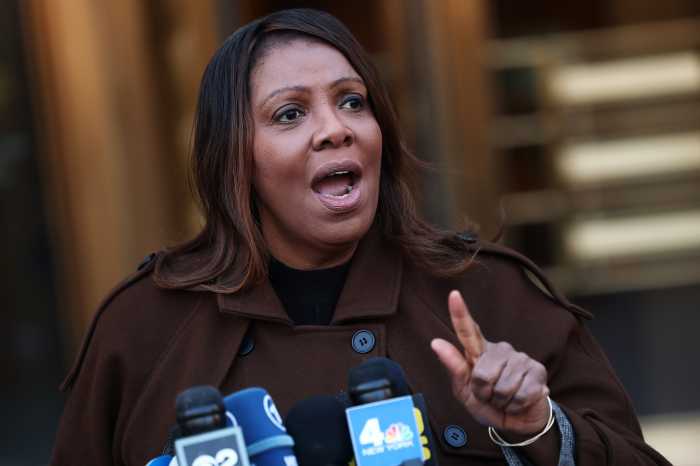Reggae dancehall deejay, Buju Banton may have scored another big hit recently when he surprised fans with a live-streamed Instagram appearance from the Miami, Florida home of Palestinian-descendant and hip-hop influencer DJ Khaled.
Renowned in dancehall circles as the Gargamel, the Jamaican — also known as Mark Myrie —added to his cache when he boarded a private jet from his homeland with hopes of resuming a profitable music career.
He received a waiver of ineligibility by showing documents he would not be a threat to the USA if he was granted a visa.
After revision, permission offered him an opportunity to travel because many such are regularly issued for 90 days depending on the nature and severity of the alleged crimes.
His latest gainer shocked clueless fans and insiders many of whom assumed the deportee from the USA would remain elusive for at least a decade before resuming the status he held prior to incarceration in a Florida penitentiary.
Prior to revealing his image via social media the America-born, Khaled Mohammed Khaled excitedly exalted the Caribbean songwriter saying:
“I couldn’t keep this to myself, Buju Banton is back.”
Six years had passed since the popular recording artist traveled upsouth to the landmark location where he was unceremoniously escorted out of near the peninsula by representatives of Homeland Security.
His departure on Dec. 7, 2018 followed release from McRae Correctional Institute in Telfair County, Georgia where he served time on cocaine-related charges.
The video surprised fans — many of whom witnessed and recorded his deportation process via social media.
During his hiatus, the Grammy winner hosted an SRO concert at the island’s national stadium where he was toasted with cheers, support and endorsements from celebrity friends.
Throughout the return period, he often opined on controversial topics some of which advanced Rastafarian principles while some also contradicted those associated with dictates proferred from locations often referred to as Babylon.
Mostly though, the vociferous, gravel-throated stylist steered clear away from inflammatory statements.
Acclaimed for addressing often ignored issues the chart-topper broached “Untold Stories” related to local and international problems.
At a juncture in his career he was dubbed the “Voice of Jamaica” by releasing an album of the same name. Signed to Loose Canon Records (a division of Mercury Records) he broadened his reach and was able to chart titles on the Billboard music charts.
For a decade Banton seemed a kind of messiah, the principal ambassador of the genre.
In 1995, he damned nationals and unwilling returning immigrants in a catchy tune titled “Deportees” slamming them for selfishly flaunting responsibility to family, friends and country.
“Not An Easy Road” also connected with like-minded stalwarts relating to his composition.
And in 1997 released “Destiny” a pivotal recording he claims transformed his vision for proceeding in his endeavors.
Himself condemned by a sting operation which resulted in an arrest and conviction in 2011, an FBI investigation endeared fans to launch a free Buju campaign.
Despite a relentless effort, a jury found him guilty finding him liable for his action in conspiring to distribute cocaine.
He served nearly 10 years for the crime.
“God is amazing,” the Roc Nation Records signee said. “Let’s get the music going, let’s get the vibes going.”
Last year Buju Banton released “Born For Greatness,” his 13th studio album.
Unfortunately, earlier this year Buju Banton’s 20-year-old son, Miles died.
Catch you On the Inside!


























